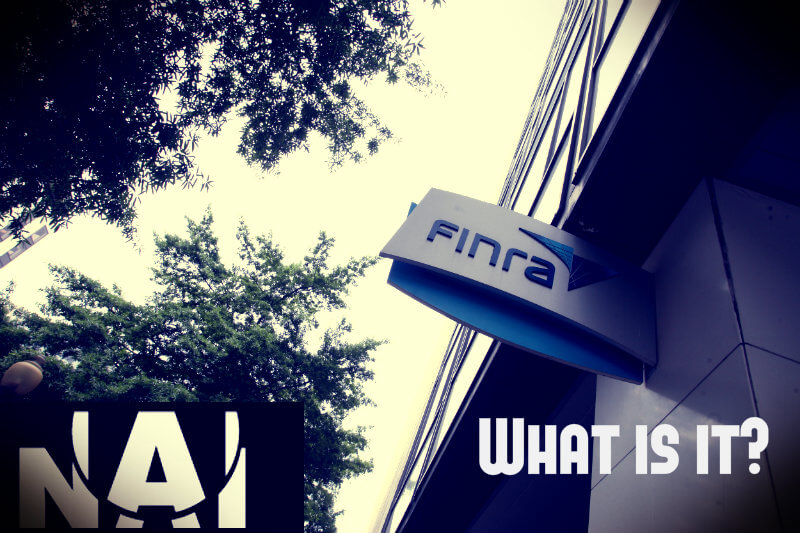
While many financial investors may have heard of the FINRA BrokerCheck, fewer actually know what it is and how it benefits investors. First of all the ‘FINRA’ part of that phrase stands for Financial Industry Regulatory Authority, which is a non-governmental private agency operating as a self-regulating organization in the financial industry.
FINRA History 101
FINRA is the direct successor to the National Association of Securities Dealers, Inc. (NASD), which was responsible for launching the NASDAQ stock market in 1971. When the NASDAQ divested itself from the NASD in 2000, the door was open for a new self-regulating agency to begin operation.
By the year 2007, all former NASD functions had been incorporated into FINRA, with the blessing of the Securities and Exchange Commission (SEC). The SEC endorsement was necessary because it is the governmental agency which oversees and regulates all aspects of the domestic securities business.
What does FINRA do?
The reason for the existence of FINRA is to protect investors by ensuring that domestic securities firms operate honestly, and to that end it oversees over 4,000 brokerage firms and more than 600,000 registered securities representatives.
The need for such oversight was demonstrated by the spectacular fraud and conviction of Bernard Madoff in 2008, who was proven to have bilked investors out of billions of dollars, which he and family members diverted to their own holdings.
What is FINRA BrokerCheck?
After the Madoff scandal, the prudence of checking up on one’s financial advisor became painfully apparent, and FINRA BrokerCheck was established to provide a vehicle for investors to do just that. Because the FINRA agency has information stored on more than one million brokers and brokerage firms, it is a great place to start checking the background of any financial broker.
A companion step on background checking can be done through a search of the Investment Advisor Public Disclosure (IAPD), whose database holds voluminous data on financial advisers. If a supposed financial guru was either a broker or financial advisor previously, searching these two databases will probably turn something up on him or her.
The kind of information stored in these two databases includes a great deal of general background information, as well as any criminal convictions, civil litigation, arbitration, and regulatory events that were eventually settled by making an award to a customer.
How complete is the BrokerCheck?
The information provided on a FINRA BrokerCheck report comes partly from its own database, and partly from the Central Registration Depository (CRD), which is run by FINRA. But FINRA does not include all the information from the CRD database on its BrokerCheck report, so to have a more complete picture of any given broker or financial advisor, all three of these sources (BrokerCheck, IAPD, CRD) should be consulted.
Be advised however, that the CRD is a state agency, and not all states provide online access to this depository, in which case a request for the information must be made, and it will then be returned by paper document or email.
The Securities and Exchange Commission and FINRA both advise all investors to check the CRD report as well as the BrokerCheck, because the information at the state level is more comprehensive and detailed, since state securities regulators have only their own states to be concerned with. Of course this would necessitate checking every state that a broker has done business in, but in the interest of avoiding financial disaster, it should be considered worth the trouble.
The Future of BrokerCheck
The SEC recently made available the results of a study it conducted on ways to improve investor access to information about advisers and brokers, and one of the first recommendations was to make more information available to investors on BrokerCheck. A secondary, but related recommendation was to unify the search results from BrokerCheck and the IAPD, and to make it easier to access state and federal data on any given advisor.



